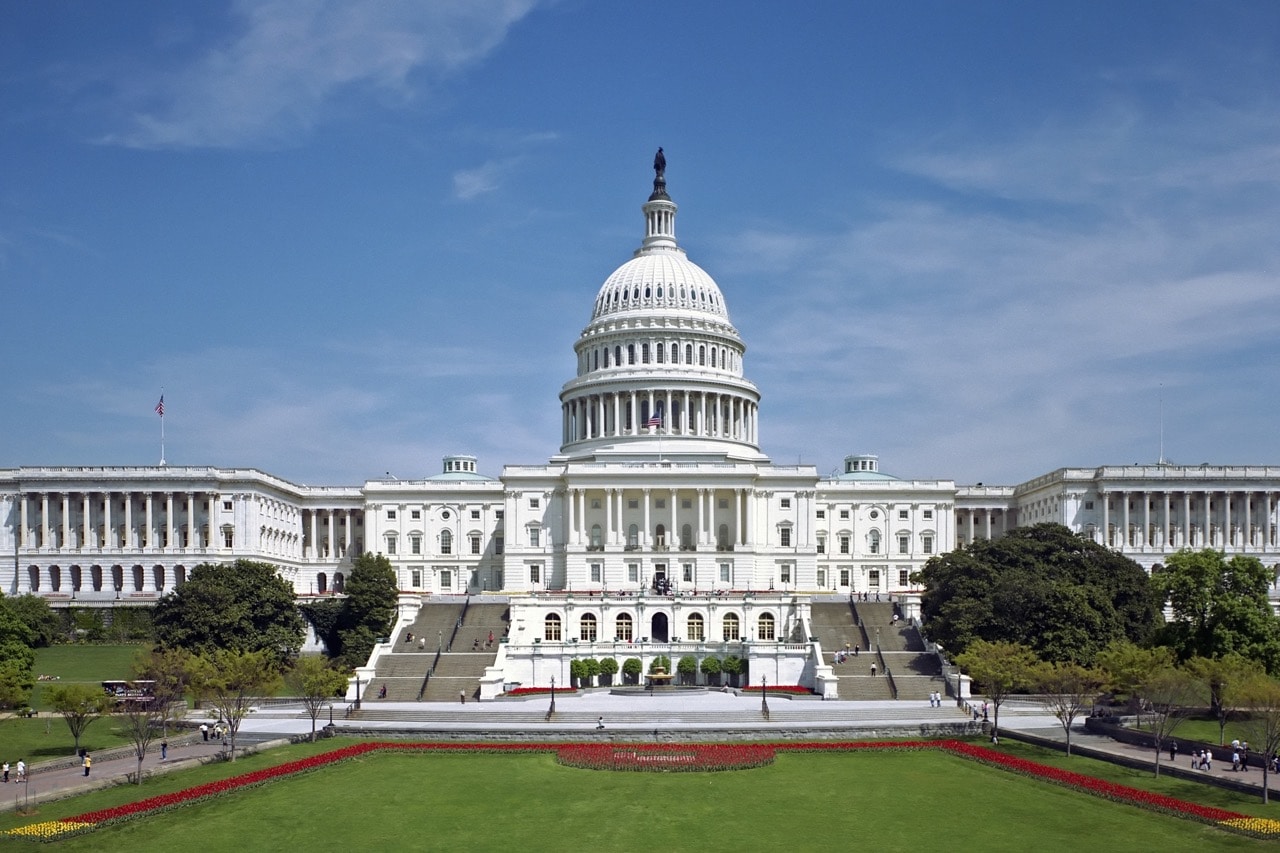In passing SESTA/FOSTA, lawmakers failed to separate their good intentions from bad law.
This statement was originally published on eff.org on 21 March 2018.
Today was a dark day for the Internet.
The U.S. Senate just voted 97-2 to pass the Allow States and Victims to Fight Online Sex Trafficking Act (FOSTA, H.R. 1865), a bill that silences online speech by forcing Internet platforms to censor their users. As lobbyists and members of Congress applaud themselves for enacting a law tackling the problem of trafficking, let’s be clear: Congress just made trafficking victims less safe, not more.
The version of FOSTA that just passed the Senate combined an earlier version of FOSTA (what we call FOSTA 2.0) with the Stop Enabling Sex Traffickers Act (SESTA, S. 1693). The history of SESTA/FOSTA – a bad bill that turned into a worse bill and then was rushed through votes in both houses of Congress – is a story about Congress’ failure to see that its good intentions can result in bad law. It’s a story of Congress’ failure to listen to the constituents who’d be most affected by the laws it passed. It’s also the story of some players in the tech sector choosing to settle for compromises and half-wins that will put ordinary people in danger.
Silencing Internet Users Doesn’t Make Us Safer
SESTA/FOSTA undermines Section 230, the most important law protecting free speech online. Section 230 protects online platforms from liability for some types of speech by their users. Without Section 230, the Internet would look very different. It’s likely that many of today’s online platforms would never have formed or received the investment they needed to grow and scale – the risk of litigation would have simply been too high. Similarly, in absence of Section 230 protections, noncommercial platforms like Wikipedia and the Internet Archive likely wouldn’t have been founded given the high level of legal risk involved with hosting third-party content.
The bill is worded so broadly that it could even be used against platform owners that don’t know that their sites are being used for trafficking.
Importantly, Section 230 does not shield platforms from liability under federal criminal law. Section 230 also doesn’t shield platforms across-the-board from liability under civil law: courts have allowed civil claims against online platforms when a platform directly contributed to unlawful speech. Section 230 strikes a careful balance between enabling the pursuit of justice and promoting free speech and innovation online: platforms can be held responsible for their own actions, and can still host user-generated content without fear of broad legal liability.
SESTA/FOSTA upends that balance, opening platforms to new criminal and civil liability at the state and federal levels for their users’ sex trafficking activities. The platform liability created by new Section 230 carve outs applies retroactively – meaning the increased liability applies to trafficking that took place before the law passed. The Department of Justice has raised concerns [.pdf] about this violating the Constitution’s Ex Post Facto Clause, at least for the criminal provisions.
The bill also expands existing federal criminal law to target online platforms where sex trafficking content appears. The bill is worded so broadly that it could even be used against platform owners that don’t know that their sites are being used for trafficking.
Finally, SESTA/FOSTA expands federal prostitution law to cover those who use the Internet to “promote or facilitate prostitution.”
The Internet will become a less inclusive place, something that hurts all of us.
It’s easy to see the impact that this ramp-up in liability will have on online speech: facing the risk of ruinous litigation, online platforms will have little choice but to become much more restrictive in what sorts of discussion – and what sorts of users – they allow, censoring innocent people in the process.
What forms that erasure takes will vary from platform to platform. For some, it will mean increasingly restrictive terms of service – banning sexual content, for example, or advertisements for legal escort services. For others, it will mean over-reliance on automated filters to delete borderline posts. No matter what methods platforms use to mitigate their risk, one thing is certain: when platforms choose to err on the side of censorship, marginalized voices are censored disproportionately. The Internet will become a less inclusive place, something that hurts all of us.
Big Tech Companies Don’t Speak for Users
SESTA/FOSTA supporters boast that their bill has the support of the technology community, but it’s worth considering what they mean by “technology.” IBM and Oracle – companies whose business models don’t heavily rely on Section 230- were quick to jump onboard. Next came the Internet Association, a trade association representing the world’s largest Internet companies, companies that will certainly be able to survive SESTA while their smaller competitors struggle to comply with it.
Those tech companies simply don’t speak for the Internet users who will be silenced under the law. And tragically, the people likely to be censored the most are trafficking victims themselves.



